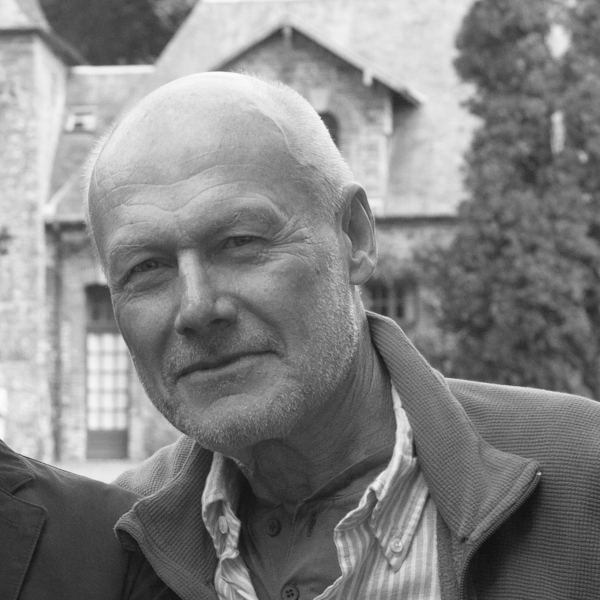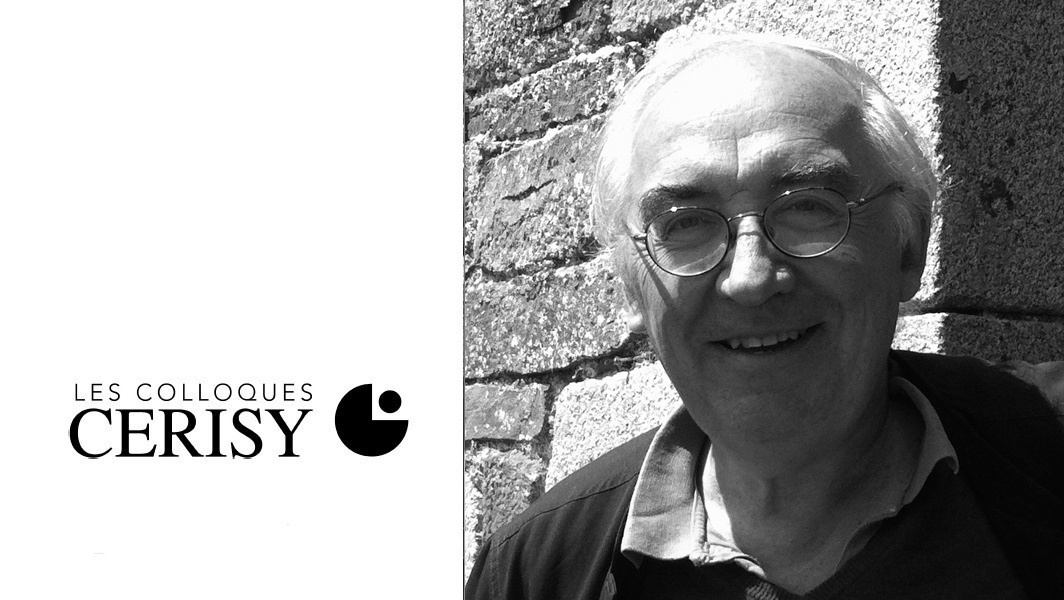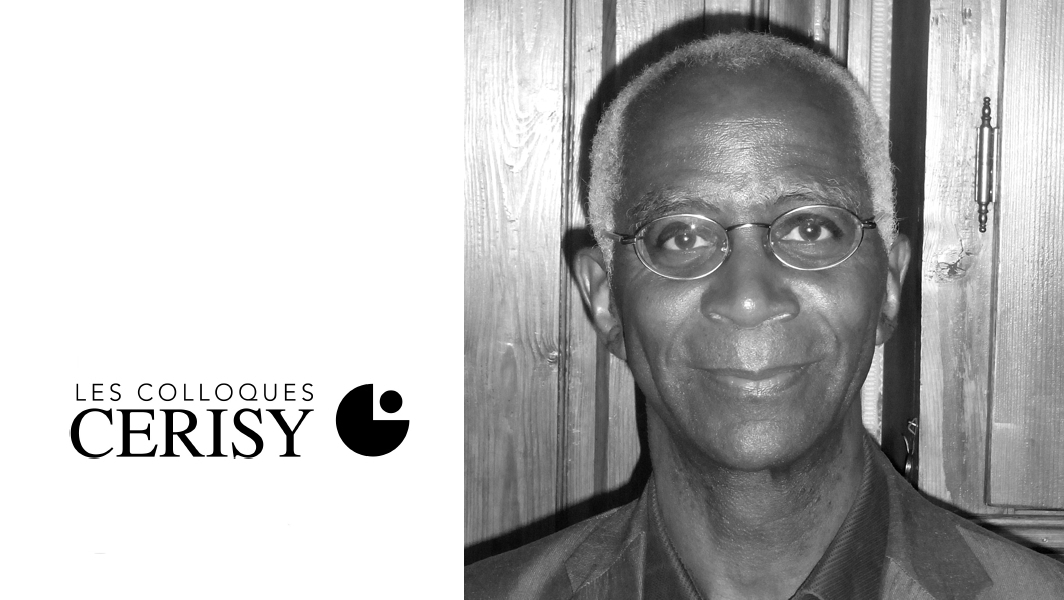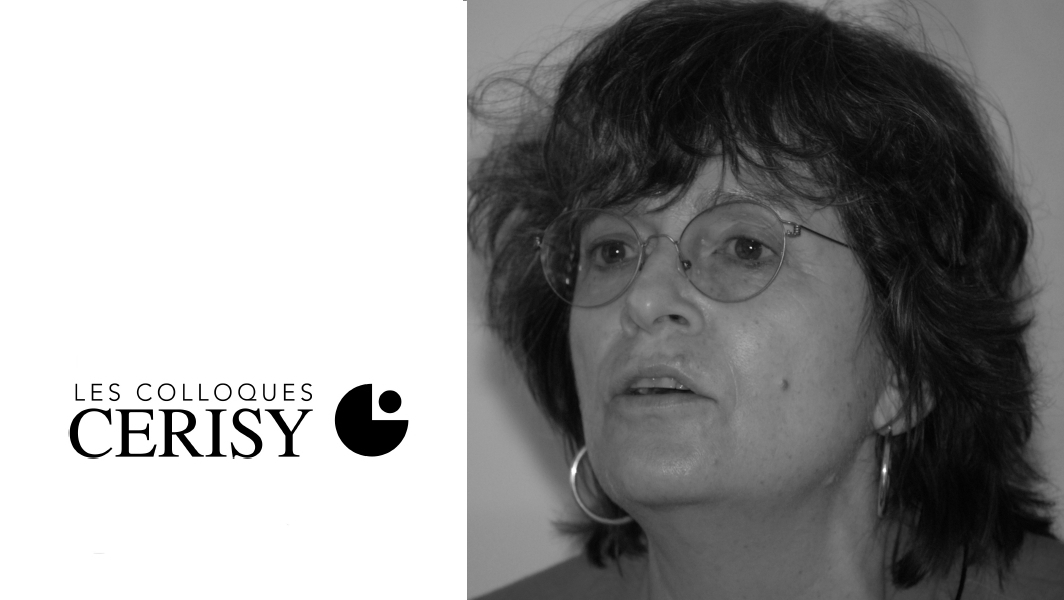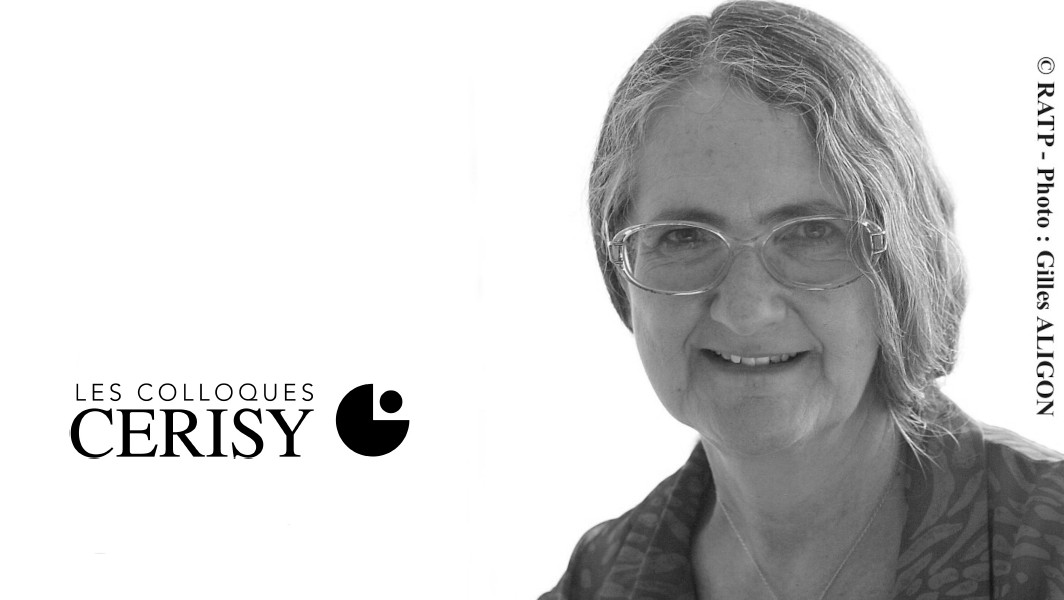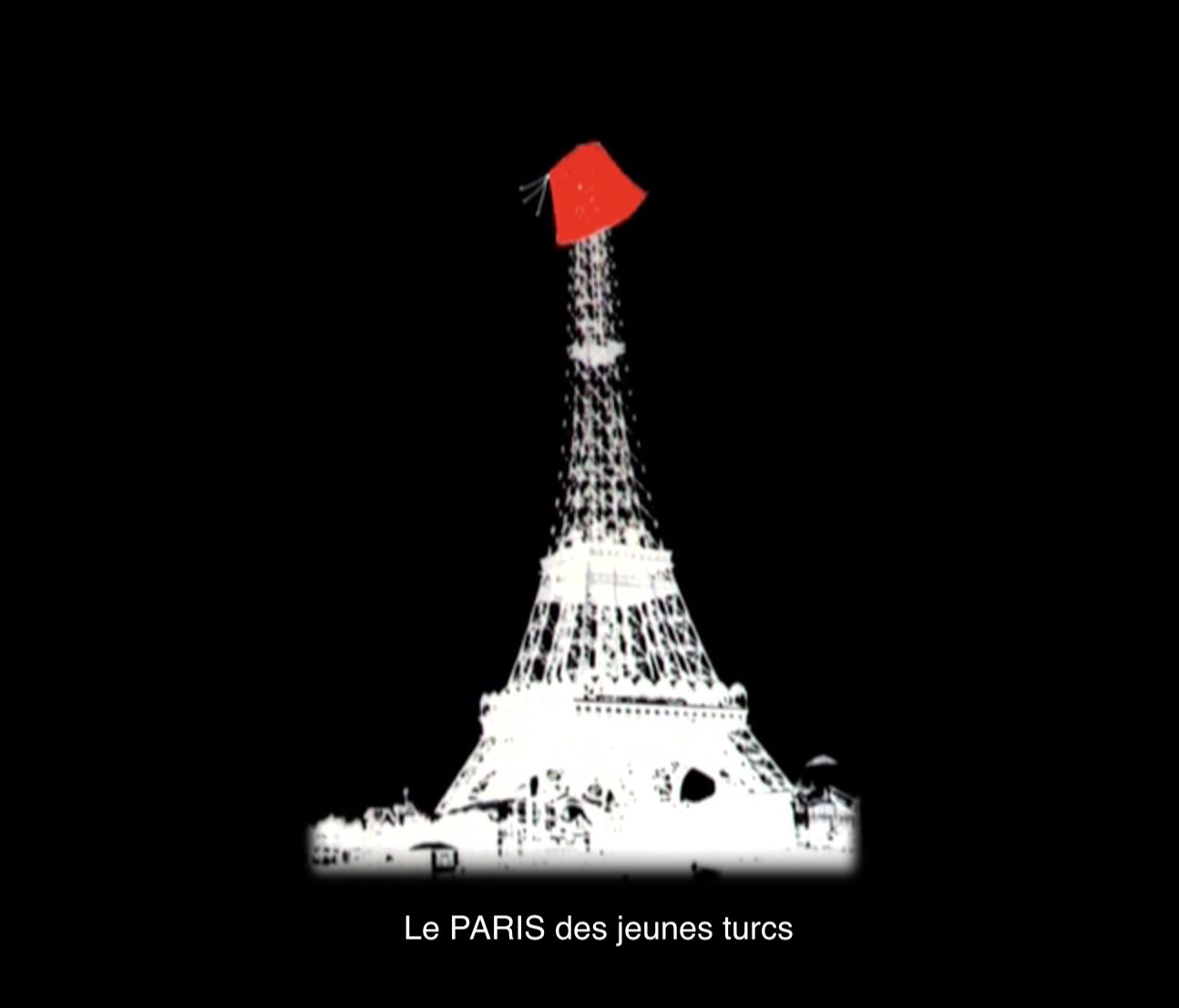Notice
IFEA Histoire 2020-2021 Scholar-Bureaucrats and the Making of the Early Modern Ottoman Empire: Bearers of Authority, Legitimacy, and Expertise
- document 1 document 2 document 3
- niveau 1 niveau 2 niveau 3
Descriptif
In the pre-modern Ottoman Empire, a large group of Muslim scholars, specialists of Islamic religious knowledge, constituted a significant branch of the Ottoman bureaucracy. In addition to participating in the transmission of religious knowledge and providing religious guidance, these scholars acted as the agents of the sultans’ government, serving as judges, financial officials, administrative investigators, diplomats, etc. They pursued a career in government service, climbing up a ladder of hierarchically organized positions with regular promotions. The functions they fulfilled and the form of their relationship with the government distinguished these scholars from their predecessors and their contemporary colleagues. They were a unique group, and deserve a unique label: “scholar-bureaucrats.”
Muslim scholars traditionally claimed the moral authority in the Islamic world and usually esteemed independence from the ruling authorities. For this reason, their incorporation into the government was a significant development. It was a gradual process and had many ups and downs and turning points. From the second half of the fifteenth century, many factors, such as the construction of largescale educational complexes, the institutionalization of the state, international developments, and scholars’ increasing desire to participate in the government, dynamically interacted and brought about the rise of the group of scholar-bureaucrats.
The special position of scholar-bureaucrats was one of the distinctive characteristics of the early modern Ottoman Empire. Scholar-bureaucrats contributed legal and administrative expertise to the Ottoman government. They also helped the Ottomans to acquire and strengthen their legitimacy. Last but not least, the presence of scholar-bureaucrats hindered the rise of a body of religious authorities, with parallel and competing claims to those of the government.
Sur le même thème
-
La Suède et le mensonge public
Le point de départ de la conférence sera le constat qu’August Strindberg fit en 1910: la classe supérieure règne non seulement en dominant les pensées mais surtout en dominant les lois mêmes de la
-
Jean-Pierre Vernant à l’IMEC
Historien et helléniste agrégé de philosophie, Jean-Pierre Vernant fut l’une des grandes figures de la Résistance pendant la Seconde Guerre mondiale avant de devenir en 1948 chargé de recherches au
-
La place du juriste dans le débat social et intellectuel
Le rôle des juristes dans le débat intellectuel est une question d'ordinaire plutôt négligée, et sans doute encore plus de la part des juristes. Faisant le constat de la faiblesse de cette place,
-
La chute des corps
"L'amitié, ce rapport sans dépendance, […], cette séparation fondamentale à partir de laquelle ce qui sépare devient rapport", cette approche de Maurice Blanchot concernant sa relation à Georges
-
Balzac et les espaces ténébreux du complot : Paysage, pouvoir et narration dans "Une ténébreuse aff…
Du Paris "réceptacle de monstruosités" (Ferragus) et refuge des Dévorants aux vertigineuses corniches bretonnes des Chouans, le roman de Balzac s’intéresse systématiquement au rapport entre le paysage
-
"Méthodiquement non méthodique". Barthes et la méthode
Il n'a pas été indifférent à Barthes d'être méthodologique. Avant la mise en soupçon du mot de "méthode" au carrefour des années 1960-1970, Barthes a eu des velléités méthodistes au moment de la
-
Naissance de la biopolitique : contextes, lectures, réceptions, disputes
Le cours de l’année 78-79 (qui se déroule en fait de janvier à avril 79) est l’un des plus lus, et aussi l’un des plus controversés de Foucault. Il sert d’appui à tous ceux qui, pour des raisons
-
Césaire 2013 : parole due
L'année 2013 correspond au centenaire de la naissance d'Aimé Césaire. Elle permet la célébration de la mémoire du poète-Rebelle dont la voix rayonne de langage, et dont le grand cri nègre... d'une
-
Les années Pontigny : une aventure culturelle
En 1906, Paul Desjardins, professeur des Écoles Normales de Saint-Cloud et de Sèvres, acheta les bâtiments claustraux de l'abbaye de Pontigny. Entre 1910 et 1939, il invita les plus prestigieux
-
Les colloques de Cerisy : un héritage culturel
Edith Heurgon évoque ici la seconde partie de l'ouvrage, retraçant la chronologie des colloques organisés à Cerisy à partir de 1952. Elle dresse un bilan de ces années et invite à de nouvelles pistes
-
1 Les intellectuels et les expressions de l’ottomanisme à la fin de l’Empire ottoman
JOURNÉES D’ETUDES TURQUES 2009 1 Les intellectuels et les expressions de l’ottomanisme à la fin de l’Empire ottoman Introduction : Nathalie Clayer, Gilles Veinstein (00:00) Presentation : Anne
-
Le Paris des jeunes Turcs
Film-documentaire (45 minutes), Paris, 2008 (écrit par F. Georgeon et réalisé par François Georgeon et Philippe Kergraisse),





